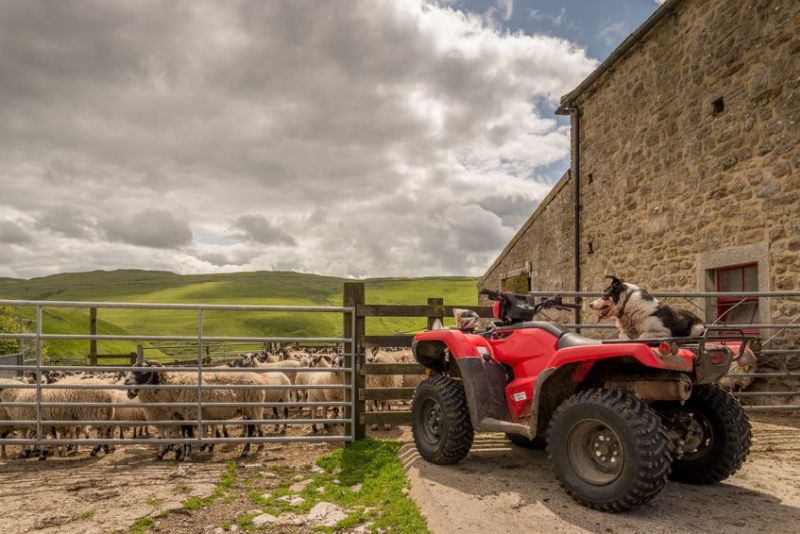
Limitations in the coronavirus job retention scheme is one of the chief concerns of companies operating in the Scottish countryside, a rural group has said.
A survey was conducted by Scottish Land & Estates to find out what proactive measures are being put in place by companies and what issues they are facing in the months ahead.
A concern expressed in the survey includes the need for greater flexibility in the job retention scheme to allow the ‘partial furlough’ of staff.
The scheme is a temporary scheme open to all UK employers for at least three months starting from 1 March 2020.
It is designed to support employers whose operations have been severely affected by coronavirus.
Employers can use a portal to claim for 80% of furloughed employees’ usual monthly wage costs, up to £2,500 a month, plus the associated Employer National Insurance contributions and minimum automatic enrolment employer pension contributions on that wage.
Sarah-Jane Laing, chief executive of Scottish Land & Estates, said, however, that this is an 'unprecedented situation' for those who live and work in rural Scotland.
“The nature of rural business means employees often undertake many roles, some of which are not currently required due to the measures to reduce the spread of Covid-19," she said.
"We would like to see greater flexibility in the job retention scheme to allow the ‘partial furlough’ of staff which would afford businesses the financial support to reduce staff hours but keep ticking along, ready for eventual reopening.”
A relaxation of regulations to allow essential business activities to continue where appropriate was also highlighted in the survey.
Finally, firms have called for more government reminders aimed at the general public not to travel unnecessarily to rural areas.
The rural organisation added that it would like to see a temporary relaxation of some regulations governing land management.
Ms Laing added: “Whilst everyone is making a concerted effort to maintain service and systems, it is evident that some of the permissions granted by the government and agencies such as SNH and SEPA may be delayed because of the shutdown.
"This will prevent some essential and time sensitive work in our rural areas – which could be carried out safely in adherence to COVID-19 guidance – from taking place."
She said: “As we have seen with MOT certificates, a pragmatic approach - including a move to retrospective permissions - could be introduced as a temporary measure. Those undertaking work would be expected to adhere to guidance as usual.”
